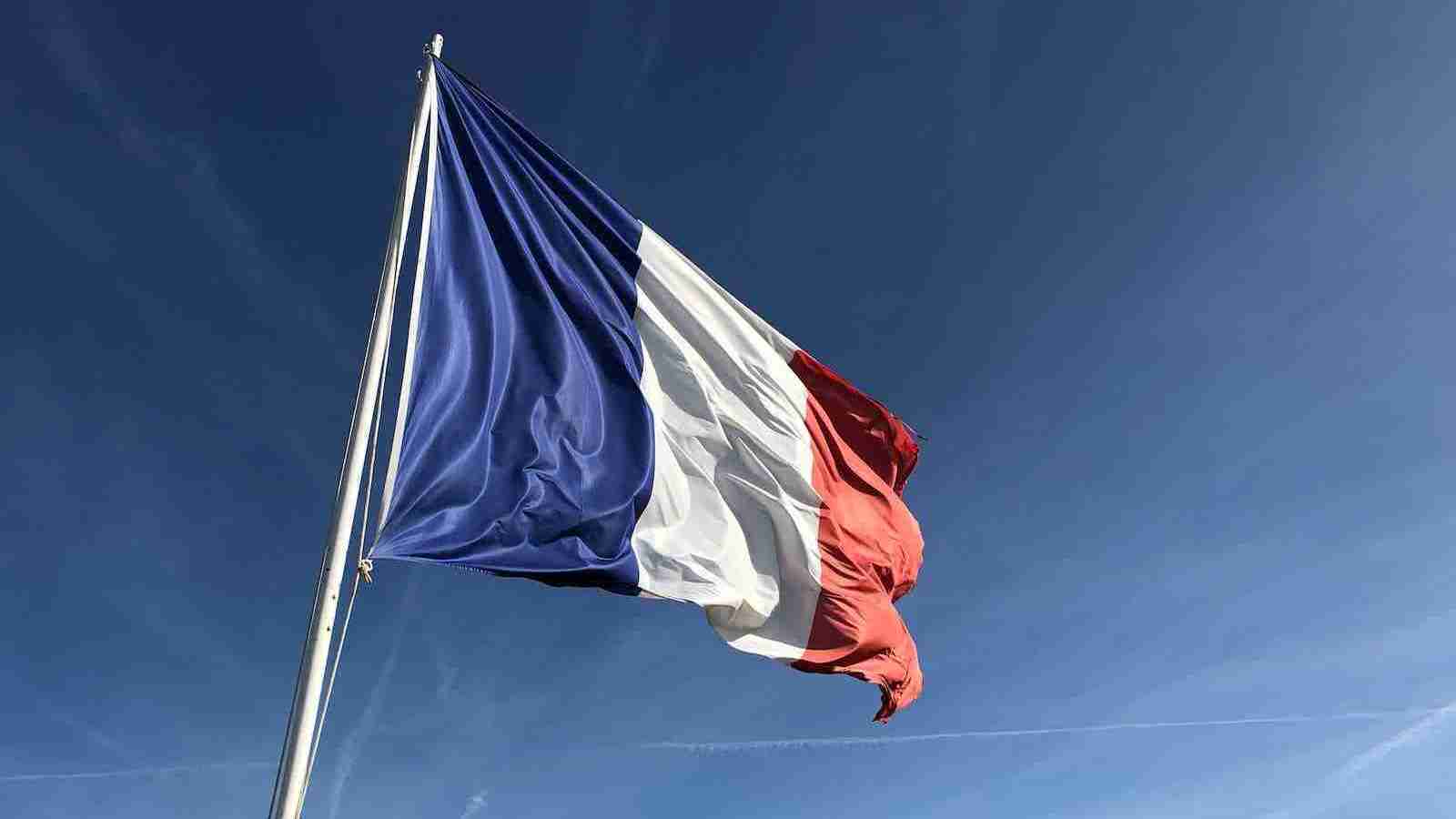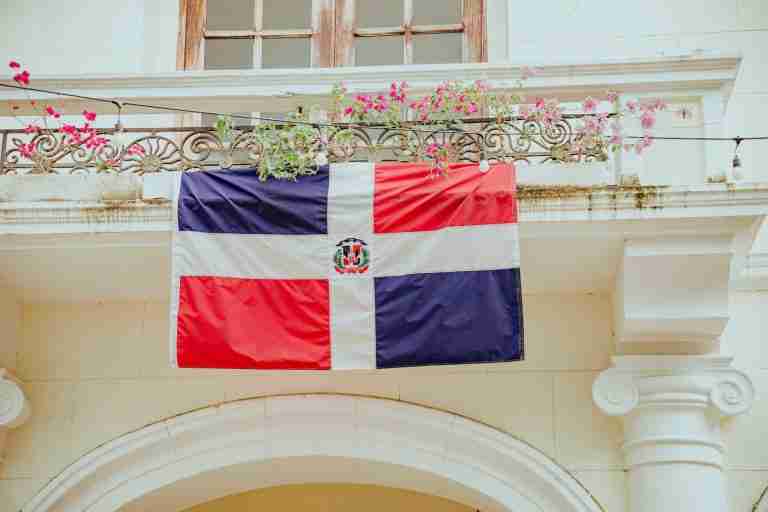25 Interesting Facts About July You Never Knew (2023 Facts)
1. July is the seventh month of the Gregorian calendar and has 31 days.
July, as the seventh month of the Gregorian calendar, follows June and precedes August. It is one of the months with the highest number of days, consisting of 31 days.
The addition of July to the calendar occurred during the time of Julius Caesar’s reign, and it was later named in his honor to acknowledge his contributions.
2. Interestingly, July was named after Julius Caesar, the Roman general, and statesman.
The month of July was named after Julius Caesar, a prominent Roman general and statesman who played a significant role in Roman history. Julius Caesar was born on July 12 or 13, 100 BC.
To honor his achievements and his impact on the Roman Empire, the month that contained his birthday was named “July” after him. Julius Caesar’s contributions to Roman society, such as his military conquests and political reforms, have made him an influential figure in world history.
3. July is known as the “hottest month” in the Northern Hemisphere and the “coldest month” in the Southern Hemisphere.
July is known for its contrasting climate patterns depending on the hemisphere. In the Northern Hemisphere, July represents the height of summer, characterized by warm temperatures, abundant sunshine, and longer days. It is often referred to as the “hottest month” as temperatures reach their peak.
Conversely, in the Southern Hemisphere, July falls during the winter season. It is considered the “coldest month” as temperatures drop, and shorter daylight hours prevail. Countries in the Southern Hemisphere, such as Australia, New Zealand, and parts of South America.
4. The birthstones for July are the ruby, which symbolizes contentment, passion, and love.

The Ruby – A Symbol of Contentment, Passion, and Love
The birthstone associated with the month of July is the ruby. Rubies are precious gemstones known for their deep red color and exceptional beauty. Symbolically, the ruby represents contentment, passion, and love. It is believed to inspire vitality, courage, and strength in those who wear it.
Throughout history, rubies have been highly prized and associated with royalty and nobility.
5. The zodiac signs for July are Cancer (until July 22) and Leo (from July 23 onwards).
In astrology, the zodiac signs associated with July are Cancer and Leo. From the beginning of July until July 22nd, the zodiac sign is Cancer. Individuals born during this period are believed to possess traits such as emotional depth, intuition, and nurturing nature.
From July 23rd onwards, the zodiac sign transitions to Leo. People born under the sign of Leo, which continues until August 22nd, are known for their confidence, creativity, and leadership qualities.
6. The United States celebrates its Independence Day on July 4th.
Independence Day, commonly known as the Fourth of July, is a significant holiday celebrated in the United States on July 4th. It commemorates the country’s declaration of independence from Great Britain in 1776. On this day, the Continental Congress adopted the Declaration of Independence, which outlined the principles of freedom and self-governance.
The Tour de France, renowned as one of the most prestigious and challenging cycling races in the world, typically occurs in July.
7. In the Southern Hemisphere, July marks the middle of winter.

Southern Hemisphere
While July represents the height of summer in the Northern Hemisphere, it marks the midpoint of winter in the Southern Hemisphere. Countries such as Australia, Argentina, South Africa, and New Zealand experience their coldest temperatures during this time. Winter in July brings chilly weather, shorter days, and the opportunity for winter sports and activities like skiing, snowboarding, and ice skating.
In the Southern Hemisphere, July offers a unique blend of winter festivities and traditions. People embrace the season by enjoying warm drinks, cozying up by the fire, and celebrating holidays such as Christmas in July.
8. The birth flower for July is the larkspur.
The larkspur is the birth flower associated with the month of July. This flowering plant, known for its tall spikes of colorful blooms, symbolizes an open heart and strong bonds of love. The larkspur comes in a variety of hues, including shades of blue, purple, and pink, adding vibrancy and beauty to floral arrangements and gardens.
The larkspur has a rich history and is often used to convey feelings of love, affection, and joy. It is a popular choice for July birthdays and special occasions, as its delicate petals and graceful form make it a visually captivating flower.
9. The Tour de France, one of the most prestigious cycling races, usually takes place in July.
The Tour de France, renowned as one of the most prestigious and challenging cycling races in the world, typically occurs in July. Interesting Facts About July, this annual event spans over three weeks and covers thousands of kilometers across various regions of France and neighboring countries.
Cyclists from around the world participate in this grueling competition, showcasing their endurance, skill, and teamwork.
10. National Ice Cream Month in the United States.
In the United States, the month of July is designated as National Ice Cream Month. This celebration of everyone’s favorite frozen treat was officially established by President Ronald Reagan in 1984.
During National Ice Cream Month, people indulge in a wide variety of ice cream flavors, from classic vanilla and chocolate to innovative creations with unique ingredients and mix-ins.
11. The famous Running of the Bulls festival, called San Fermín, takes place in Pamplona, Spain, in July.
The Running of the Bulls, known as San Fermín, is an exhilarating and centuries-old tradition that occurs annually in the city of Pamplona, Spain, during the month of July. This thrilling event is part of the larger San Fermín festival, which honors the patron saint of Navarre, Saint Fermín.
The Running of the Bulls involves releasing a group of bulls into the streets, and participants, known as “runners,” attempt to sprint ahead of the charging bulls to reach the bullring.
12. The International Day of Friendship is celebrated on July 30th.
The International Day of Friendship, observed on July 30th each year, is a special day dedicated to promoting friendship and fostering camaraderie among individuals, communities, and nations worldwide. Interesting Facts About July, the day was proclaimed by the United Nations in 2011, recognizing the value and importance of friendship in promoting peace, understanding, and cooperation.
On this day, people are encouraged to reach out to friends, old and new, and celebrate the bonds of friendship that enrich their lives.
13. Canada Day, the national day of Canada, is celebrated on July 1st.
Canada Day is a significant national holiday in Canada, celebrated annually on July 1st. It commemorates the anniversary of the enactment of the Constitution Act, of 1867, which united the three separate colonies of Canada, Nova Scotia, and New Brunswick into a single Dominion within the British Empire.
On Canada Day, Canadians across the country come together to celebrate their nation’s history, culture, and achievements.
14. Wimbledon tennis tournament, one of the oldest and most prestigious tennis events, is held in July.
Wimbledon, often referred to as “The Championships,” is the oldest tennis tournament in the world and is widely regarded as one of the most prestigious. It takes place annually in July at the All England Lawn Tennis and Croquet Club in Wimbledon, London.
The tournament attracts top-ranked professional tennis players from around the globe, who compete in both singles and doubles matches.
15. The highest recorded temperature in history, 56.7°C (134°F), was recorded in Furnace Creek, Death Valley, California, on July 10, 1913.
On July 10, 1913, Furnace Creek, located in Death Valley, California, experienced the highest recorded temperature ever documented on Earth. The mercury soared to a scorching 56.7°C (134°F), setting an extreme record that still stands today.
Death Valley, known for its arid desert climate, is characterized by blistering heat and minimal rainfall.
16. Bastille Day, the national day of France, is celebrated on July 14th.

on Bastille Day, July 14th
Bastille Day, known as “La Fête Nationale” in French, is a national holiday in France celebrated on July 14th each year. It commemorates the storming of the Bastille prison on July 14, 1789, which marked a significant turning point in the French Revolution.
The day is celebrated with great enthusiasm throughout France, with grand festivities and events held in cities and towns across the country.
17. In the Southern Hemisphere, July is the peak time for skiing and winter sports.
While July is known as the peak of summer in the Northern Hemisphere, it marks the middle of winter in the Southern Hemisphere. However, did you know that there are some interesting facts about July? In countries like Australia, New Zealand, and South Africa, July is a prime time for skiing and winter sports.
Winter enthusiasts flock to the mountainous regions, where snow-covered slopes provide excellent conditions for skiing, snowboarding, and other winter activities.
18. The United Kingdom celebrates National Parks Week in July.
National Parks Week is an annual celebration held in the United Kingdom to raise awareness about the country’s stunning national parks and promote their conservation and enjoyment. The week-long event usually takes place in July, allowing people to explore and appreciate the natural wonders that the national parks offer.
The United Kingdom is home to 15 national parks, including the iconic Peak District, Lake District, and Snowdonia National Park. These landscapes encompass mountains, forests, lakes, moors, and coastal areas, offering a wide range of outdoor activities and breathtaking views.
19. Juno spacecraft reached Jupiter in July 2016.
The Juno spacecraft, a remarkable endeavor by NASA, was launched on August 5, 2011, from Cape Canaveral Air Force Station in Florida, with the primary objective of unraveling the mysteries of Jupiter.
Interesting Facts About July, the journey to reach the gas giant covered a distance of approximately 2.8 billion kilometers (1.7 billion miles) over the course of almost five years.
20. In many countries, July is a popular month for summer vacations and travel.

July is widely recognized as a prime time for summer vacations and travel in numerous countries around the world. Schools are typically on break, and families take advantage of the warm weather to embark on adventures and explore new destinations.
Beach resorts, amusement parks, and tourist attractions experience a surge in visitors during July.
21. The first successful test of the atomic bomb, codenamed “Trinity,” took place on July 16, 1945, in New Mexico, USA.
July 16, 1945, marked a pivotal moment in human history with the successful detonation of the world’s first atomic bomb. Codenamed “Trinity,” the test was conducted as part of the Manhattan Project, a research endeavor to develop nuclear weapons during World War II.
The test took place in a remote desert location near Alamogordo, New Mexico, and produced a massive explosion equivalent to approximately 20 kilotons of TNT.
22. Nelson Mandela International Day, honoring the former South African president, falls on July 18th.
Nelson Mandela International Day, observed on July 18th each year, pays tribute to the iconic South African leader Nelson Mandela and his legacy of promoting peace, justice, and human rights.
Interesting Facts About July, The day serves as a global call to action for individuals to make a positive impact in their communities and strive for a more equitable and compassionate world.
23. The National Hot Dog Day is celebrated on the third Wednesday of July in the United States.
National Hot Dog Day is a festive occasion observed in the United States on the third Wednesday of July each year. It is a day dedicated to celebrating the iconic American culinary delight—the hot dog.
On this day, hot dog lovers across the country indulge in their favorite variations of this classic street food. From traditional beef franks to vegetarian and gourmet options, there’s a hot dog to suit every palate. Popular toppings like mustard, ketchup, relish, and onions further enhance the taste experience.
24. July is the birth month of notable figures such as Frida Kahlo, Nelson Mandela, and Amelia Earhart.
July is a significant month in terms of the birth of influential and inspiring individuals who have left a lasting impact on various fields.
One such notable figure is Frida Kahlo, the renowned Mexican artist known for her distinctive and emotive self-portraits. Born on July 6, 1907, Kahlo’s art explored themes of identity, gender, and Mexican culture, making her an iconic figure in the art world.
Nelson Mandela, the former South African president and anti-apartheid activist, was also born in July. Mandela, born on July 18, 1918, dedicated his life to fighting for freedom, equality, and social justice, becoming a symbol of resilience and peace worldwide.
25. In Japan, the Tanabata Festival, also known as the Star Festival, is celebrated in July.
The Tanabata Festival, also referred to as the Star Festival, is a traditional Japanese celebration held in July, known for its interesting facts about July. The festival has its roots in a romantic legend and is observed with great enthusiasm and cultural significance throughout Japan.
According to the legend, two celestial lovers, represented by the stars Vega and Altair, are separated by the Milky Way and are only allowed to meet once a year on the seventh day of the seventh lunar month.
FAQs
July is named after Julius Caesar, the Roman general and statesman, because he was born in this month. The Roman Senate renamed the month “Julius” in his honor after his assassination in 44 BCE.
The birthstones for July are rubies. Rubies symbolize contentment, passion, and love. They are known for their vibrant red color and are believed to bring good fortune and protection to those born in July.
The zodiac signs for July are Cancer (until July 22) and Leo (from July 23 onwards). Cancer is associated with sensitivity, intuition, and emotional depth, while Leo represents confidence, leadership, and creativity.
July is considered the “hottest month” in the Northern Hemisphere because it falls in the peak of summer. During this time, the Earth’s tilt maximizes the exposure of the Northern Hemisphere to the Sun, resulting in longer days and higher temperatures.
July is considered an important month for several reasons. Here are a few key points:
Independence Day: One significant reason is the celebration of Independence Day in the United States, which falls on the 4th of July. This day commemorates the signing of the Declaration of Independence in 1776, marking the country’s independence from British rule.
Summer Break: In many parts of the world, July signifies the midpoint of the summer season and is associated with summer vacations, travel, and outdoor activities. Schools often have a summer break during this month, allowing families to spend time together and enjoy leisure activities.
Historical Events: July has witnessed numerous important historical events. For instance, the French Revolution began in July 1789, and notable events like the Apollo 11 moon landing occurred in July 1969.
Birthdays and Anniversaries: Many individuals, including prominent figures in history, were born in July, making it significant for celebrating their contributions and legacies. Additionally, many couples choose to get married in July, making it a popular month for weddings.
The 4th of July, also known as Independence Day, is a federal holiday celebrated in the United States. It commemorates the adoption and signing of the Declaration of Independence on July 4, 1776. This document proclaimed the American colonies’ independence from British rule and laid the foundation for the formation of the United States of America.







